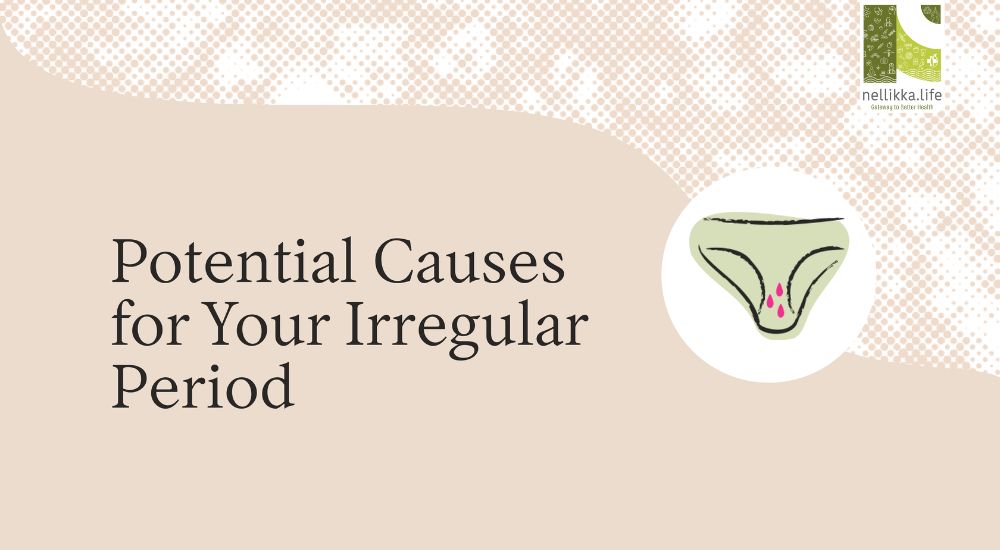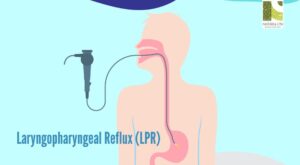What Causes an Irregular Period?

Understanding Menstrual Irregularities: From Hormones to Health
For most people, menstrual cycles follow a fairly predictable rhythm. However, irregular periods are surprisingly common and can be influenced by a wide range of factors—from stress and lifestyle to medical conditions. Understanding what’s normal and what warrants a doctor’s visit is the first step toward managing your reproductive health.
What is an Irregular Period?
An irregular period refers to any deviation from the normal menstrual cycle, typically 21 to 35 days. This could include:
- Cycles shorter or longer than normal
- Missed periods
- Heavier or lighter bleeding
- Spotting between periods
- Periods that change unpredictably
Common Causes of Irregular Periods
1. Hormonal Imbalance
Hormones like estrogen and progesterone regulate your cycle. When they fluctuate abnormally, your period can become irregular.
Conditions that cause hormonal imbalance include:
- Polycystic Ovary Syndrome (PCOS): A common endocrine disorder causing irregular or absent periods.
- Thyroid dysfunction: Both hyperthyroidism and hypothyroidism can impact menstruation.
- Hyperprolactinemia: Elevated levels of prolactin can interfere with ovulation.
2. Stress and Emotional Factors
Chronic stress impacts the hypothalamus, a part of the brain that regulates hormones. This can delay or suppress ovulation, resulting in missed or irregular periods.
3. Weight Fluctuations
- Rapid weight loss (as seen in eating disorders like anorexia)
- Obesity, which disrupts the delicate balance of hormones
Both undernutrition and excess adipose tissue can interfere with hormone production.
4. Excessive Exercise
Professional athletes or individuals involved in intense physical training may experience amenorrhea (absence of periods) due to low body fat and stress hormones.
5. Birth Control Pills & Other Medications
Starting or stopping hormonal birth control can affect your cycle. Some medications, including antipsychotics and chemotherapy drugs, can also cause changes.
6. Perimenopause and Menopause
- Perimenopause typically begins in the late 30s to 40s, leading to irregular periods before menstruation ceases completely.
- Menopause is diagnosed after 12 months of no periods and usually occurs around age 51.
7. Chronic Medical Conditions
- Diabetes
- Celiac disease
- Pituitary tumors
- Liver or kidney disease
These conditions can indirectly affect menstrual health.
When to See a Doctor
You should consult a healthcare provider if:
- Periods stop for more than 3 months (and you’re not pregnant)
- You experience bleeding between cycles or after sex
- Periods become unusually painful or heavy
- You have cycles shorter than 21 days or longer than 35 days
- You suspect an underlying health issue (e.g., PCOS, thyroid issues)
Diagnosis and Treatment
A gynecologist may recommend:
- Blood tests for hormone levels, thyroid function, and prolactin
- Pelvic ultrasound to check for ovarian cysts or fibroids
- Lifestyle assessment for diet, exercise, and stress
Treatment may include:
- Hormonal birth control
- Treatment for underlying diseases (like PCOS or thyroid)
- Nutritional counseling
- Stress management techniques
Irregular periods are not just inconvenient—they can be signs of deeper hormonal or health issues. Monitoring your cycle and seeking timely medical advice empowers you to maintain better reproductive and overall health.
References :
1. Heavy and Abnormal Periods
2.The Impact of Irregular Menstruation on Health:
3. Polycystic Ovary Syndrome (PCOS)





